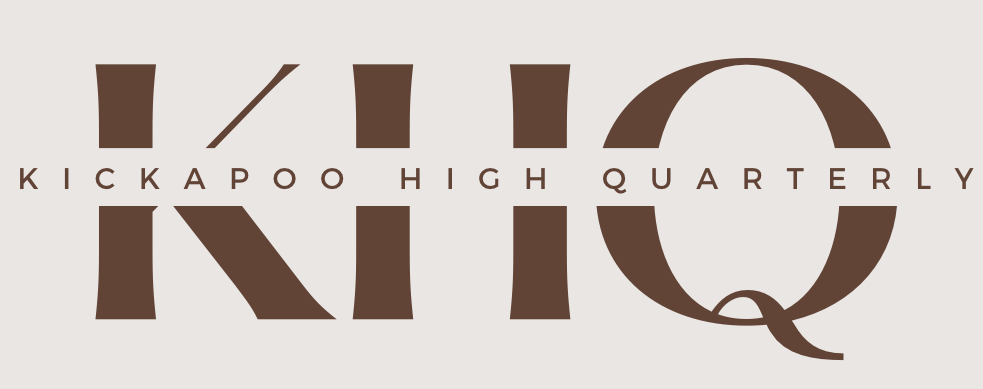The Absolutely True Diary of a Part-Time Indian by Sherman Alexie
Rating: 3.5/5
This book tells the story of a Native American boy named Junior who lives on a reservation. While it has a good amount of laughs in it, the book also covers very real issues such as racism, alcoholism, generational poverty, bullying, death, eating disorders, and more.
Junior finds himself between two different worlds. The Spokane Indian Reservation and Reardane, the predominantly white school he decided to attend. The Native Americans on the reservation feel betrayed by him exploring other options off the reservation, including his old best friend Rowdy. In Reardan he feels a sense of never belonging, hence the name, “Part Time Indian.”
The book was mostly banned for bullying, masturbation, and mentions of violence. Some also believe it depicts indigenous culture in a negative light.
Overall, the plot flows quite well, despite the lighthearted and youthful tone. The characters take time to grow into, as they start off very two dimensional, but the further along you get into the book the more human they seem.
There is a sense that all the Native Americans act the same and all the white characters act the same, but I do believe that was intentional. The book was very readable, it has a good flow but it also has the simplicity of younger kids books such as Diary of a Wimpy Kid.
The ending wasn’t extraordinary but it was good. It tied the book together and gave it a peaceful ending that is quite memorable.
All Boys Aren’t Blue by George M. Johnson
Rating: 5/5
All Boys Aren’t Blue is a memoir autobiography and it does a wonderful job at telling the story.
George Johnson tells their story of growing up queer and Black. It handles issues like Black identity, gender identity, sexuality, death, sexual violence and other issues.
Growing up, George learns that he is different from other kids, and is treated differently from his peers. He has many close friends and his grandmother who he spent much of his childhood with, and he’s able to become accepted by many. It helps him discover his identity and feel less like a burden, something many Black Queer youth experience.
The plot is fantastic and very emotional. The fact that it’s a true story makes it even more impactful. The characters have a real depth to them and are relatable because everyone feels so life like.
As for readability it’s straightforward, clear, and instead of the typical format of most biographies, this one is written like a fiction book and has passion put into it. This makes it much more readable to the target audience.
The ending is more of a message than a conclusion but it speaks on being the most authentic self you can be while the time is there. It’s a beautiful ending and I’m quite a fan of it.
To Kill a Mockingbird by Harper Lee
Rating: 4.5/5
To Kill a Mockingbird is one of the most iconic pieces of American literature having widespread impact on highschools across the nation. However, it’s also been heavily criticized and banned for its racial depictions and language.
It follows Scout Finch, a six year old little girl with her father Atticus Finch, a lawyer, who teaches his children empathy and understanding to innocent people, often symbolized as mockingbirds.
The book takes you through multiple aspects of humanity, including the darker aspects.
When Atticus takes on the case of a Black man named Tom who is accused of sexually assaulting a white woman, things take a turn for the worst. Scout is mistreated by a large amount of the community she grew up in due to her father helping Tom.
The plot varies throughout the book where Scout goes through many different things but the book maintains its message and it still feels like one story.
The characters are amazing. They feel raw and real, especially being seen through Scout’s youthful perspective.
As for readability, it would have to be my only criticism. The story itself is good, but the wording feels the same throughout and makes it a lot harder to read.
The ending was not life changing or exceptional but it was very calm, which was fitting for a book with such heavy topics.
While many argue banning books are needed to protect the children, however these books have important themes and lessons and these books aren’t targeted towards children, they’re targeted towards youth that need these lessons. Banning books does not help education but only hinders it and its future.








